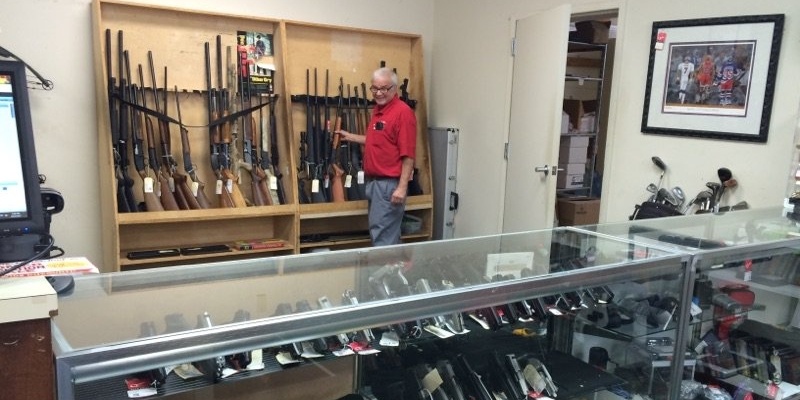
Understanding Why Pawn Shops Require ID
When visiting a pawn shop, you might notice that presenting identification (ID) is a standard procedure. This requirement serves several important purposes and is a crucial part of the pawn process. Understanding why pawn shops require ID can help clarify the benefits and responsibilities involved in pawning or selling items.
Legal and Regulatory Compliance
One of the primary reasons pawn shops require ID is to comply with legal and regulatory requirements. Most jurisdictions have specific laws and regulations that govern the operation of pawn shops, including the need for proper identification. These regulations are designed to prevent illegal activities such as theft and fraud. By verifying the identity of individuals who pawn or sell items, pawn shops help ensure that transactions are legitimate and in accordance with the law.
Preventing Theft and Fraud
Another significant reason pawn shops require ID is to prevent theft and fraud. When a person pawns an item, the pawn shop needs to verify that the item is legitimately owned by the individual presenting it. Requiring ID helps establish a clear record of who is pawning or selling the item, reducing the risk of stolen goods being exchanged. This practice also protects the pawn shop from inadvertently participating in illegal activities and ensures that the items they handle are legally obtained.
Record Keeping and Documentation
Pawn shops are required to maintain accurate records of their transactions. This includes keeping detailed records of the items pawned or sold, as well as the identity of the individuals involved. By requiring ID, pawn shops can create a documented trail for each transaction. This documentation is crucial for maintaining compliance with legal requirements and can be valuable in case of disputes or investigations. Proper record-keeping helps ensure transparency and accountability in the pawn process.
Protecting Both Parties in the Transaction
Requiring ID also serves to protect both parties involved in the transaction—the pawn shop and the customer. For the pawn shop, it provides a means to verify the identity of the person they are dealing with, reducing the risk of fraudulent claims or disputes. For the customer, presenting ID helps ensure that their transaction is conducted with a reputable and verified business. This mutual protection helps create a secure and trustworthy environment for pawning or selling items.
Facilitating Loan Recovery
When a customer pawns an item, they enter into a loan agreement with the pawn shop. In case the customer fails to repay the loan and interest within the agreed-upon time frame, the pawn shop needs a way to identify the borrower to take appropriate actions. Requiring ID ensures that the pawn shop can accurately track and follow up with the individual who secured the loan. This practice helps facilitate the recovery of the loaned amount and any associated fees, ensuring that the pawn shop can manage its business operations effectively.
Ensuring Accuracy in Valuation and Transactions
Accurate identification is also important for the proper valuation of items. Pawn shops use ID to cross-check and verify information related to the item being pawned or sold. This helps ensure that the item’s description, value, and ownership details are accurate. By having clear records of the individual and the item, pawn shops can provide fair and precise valuations, which benefits both the shop and the customer.
Enhancing Security Measures
Security is a top priority for pawn shops, and requiring ID is a part of their overall security measures. By verifying the identity of individuals, pawn shops can minimize the risk of fraudulent activities and maintain a secure environment. This practice helps deter criminal behavior and ensures that transactions are conducted with legitimate customers. Enhanced security measures contribute to the overall safety and reliability of the pawn process.
Facilitating Legal Dispute Resolution
In the event of a legal dispute, having proper identification records can be crucial. If a disagreement arises regarding the ownership of an item or the terms of a transaction, the pawn shop can use the ID information to resolve the issue. Accurate records help provide clarity and evidence in legal matters, making it easier to address and resolve disputes fairly.
Conclusion: The Importance of ID in Pawn Transactions
In conclusion, pawn shops require ID for several gold buyers, including legal compliance, prevention of theft and fraud, and accurate record-keeping. By verifying the identity of individuals, pawn shops can protect both parties involved in the transaction, ensure fair valuations, and maintain security. Understanding these reasons highlights the importance of ID in the pawn process and the role it plays in creating a secure and reliable environment for pawning or selling items. Whether you’re pawning or selling, being prepared to provide ID ensures a smooth and transparent transaction experience.


